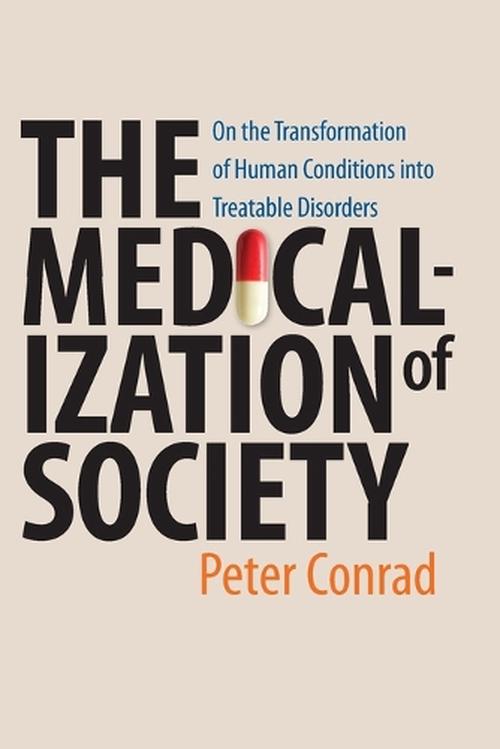
DISCLOSURE: When you click on links to various merchants on this site and make a purchase, this can result in this site earning a commission at no extra cost to you. Affiliate programs and affiliations include, but are not limited to, the eBay Partner Network, Amazon and Alibris.

DISCLOSURE: When you use one of our links to make a purchase, we may earn a commission at no extra cost to you.
As an Amazon Associate, AddALL earn commission from qualifying Amazon purchases.